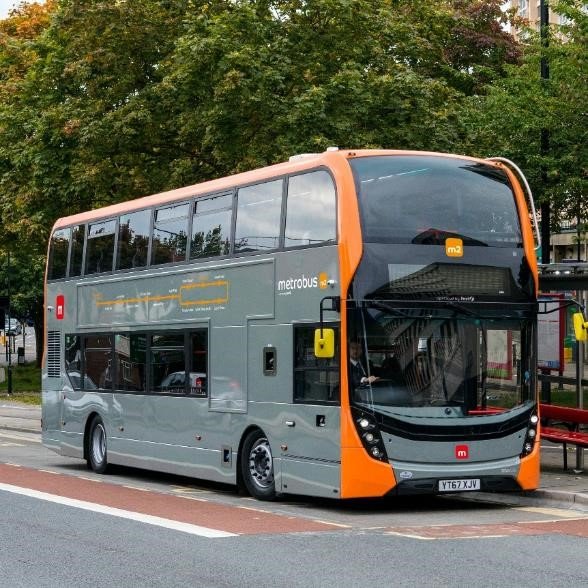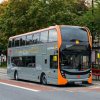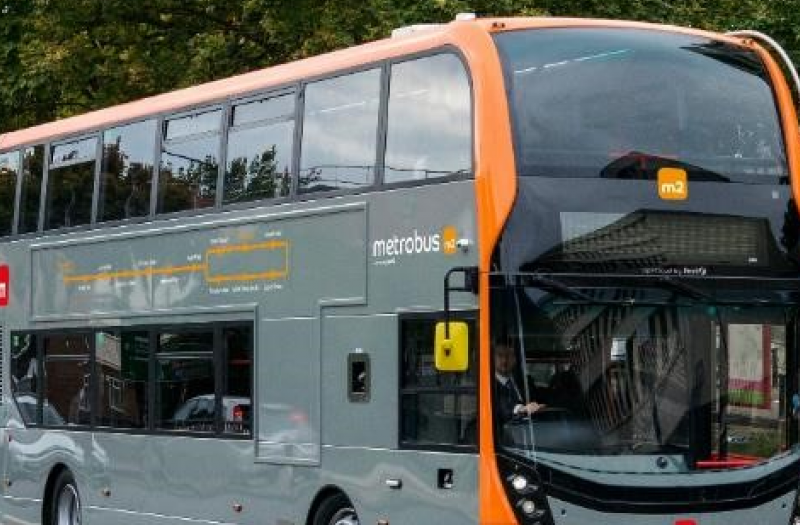Bristol metrobus

The bus routes run through key destinations within the greater Bristol area. Bristol has a high car dependency and poor air quality and is rapidly expanding.
To create a green, quick, frequent and reliable bus service and improve walking and cycling opportunities which will ultimately help to reduce traffic congestion, noise and air pollution.
The Metrobus was designed to link with existing rail and bus services in the greater Bristol area. This included the construction of a 3.5km busway segregated from general traffic, 94 new bus stops and 282 new cycle stands. A further 10km of new cycle and walking routes have been created to make...
|
Potential impacts/ benefits |
||||
|
Challenges addressed |
Enhancing sustainable urbanisation |
Restoring ecosystems and their functions |
Developing climate change mitigation |
Developing climate change adaptation |
|
Public Health and Wellbeing |
· Increase well being · Improve air quality |
|||
|
Potential for Economic opportunities and Green Jobs |
· Creation of green jobs relating to construction and maintenance of NbS |
|||
|
Air ambient quality |
· Improve air quality |
|||
|
Climate resilience |
· More energy efficient · Carbon sequestration and storage |
|||
Biogas busses can be used in all cities.
Public busses can be fast, reliable and green and using biogas helps to create a circular economy.
The infrastructure funding (bus lanes, cycle routes, junction improvements, bus shelters, iPoint ticket infrastructure, new bridges) amounted to a £230million project across the 50km network. Funded by the Department for Transport, Bristol City, North Somerset and South Gloucestershire Councils...


